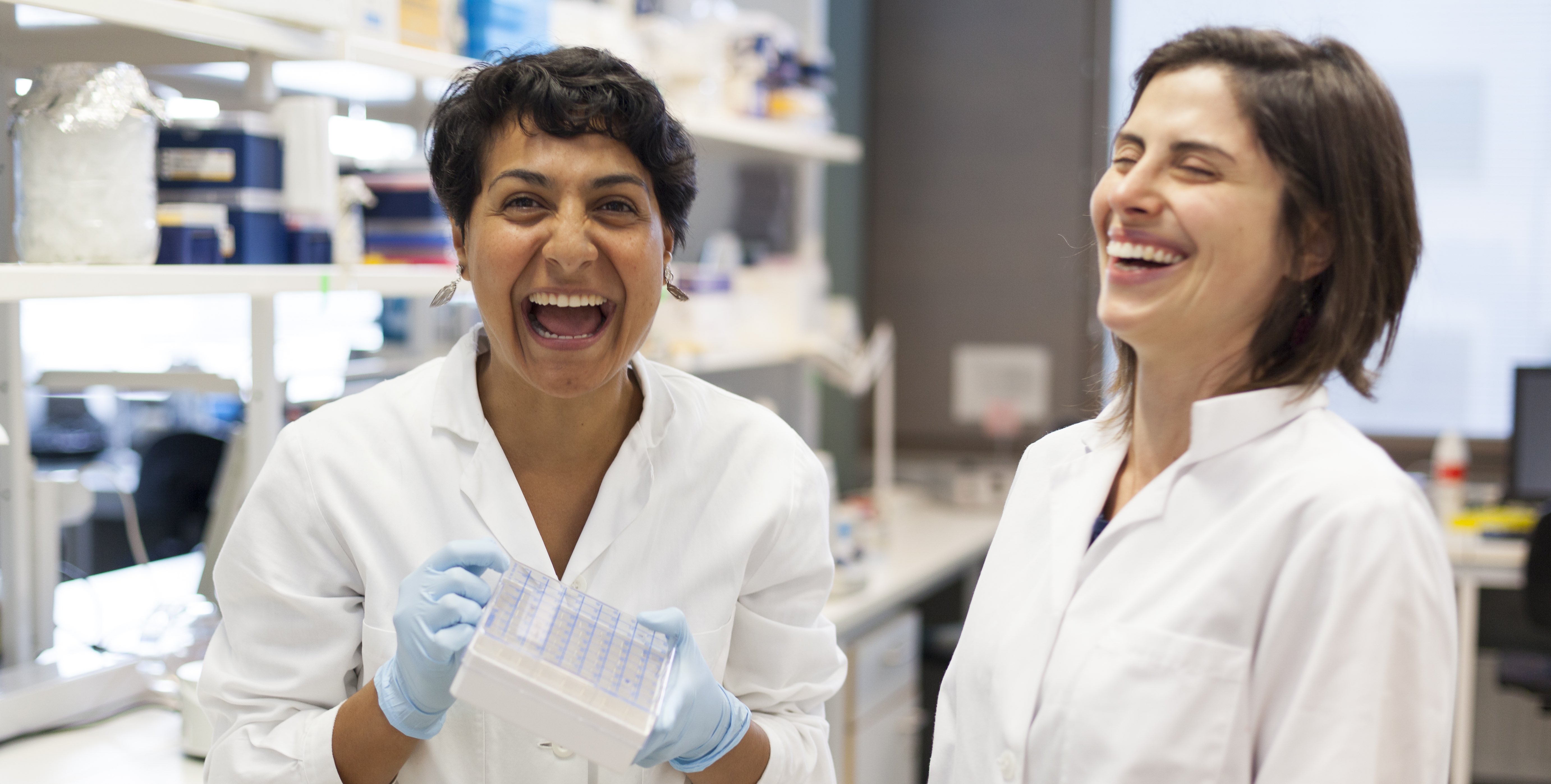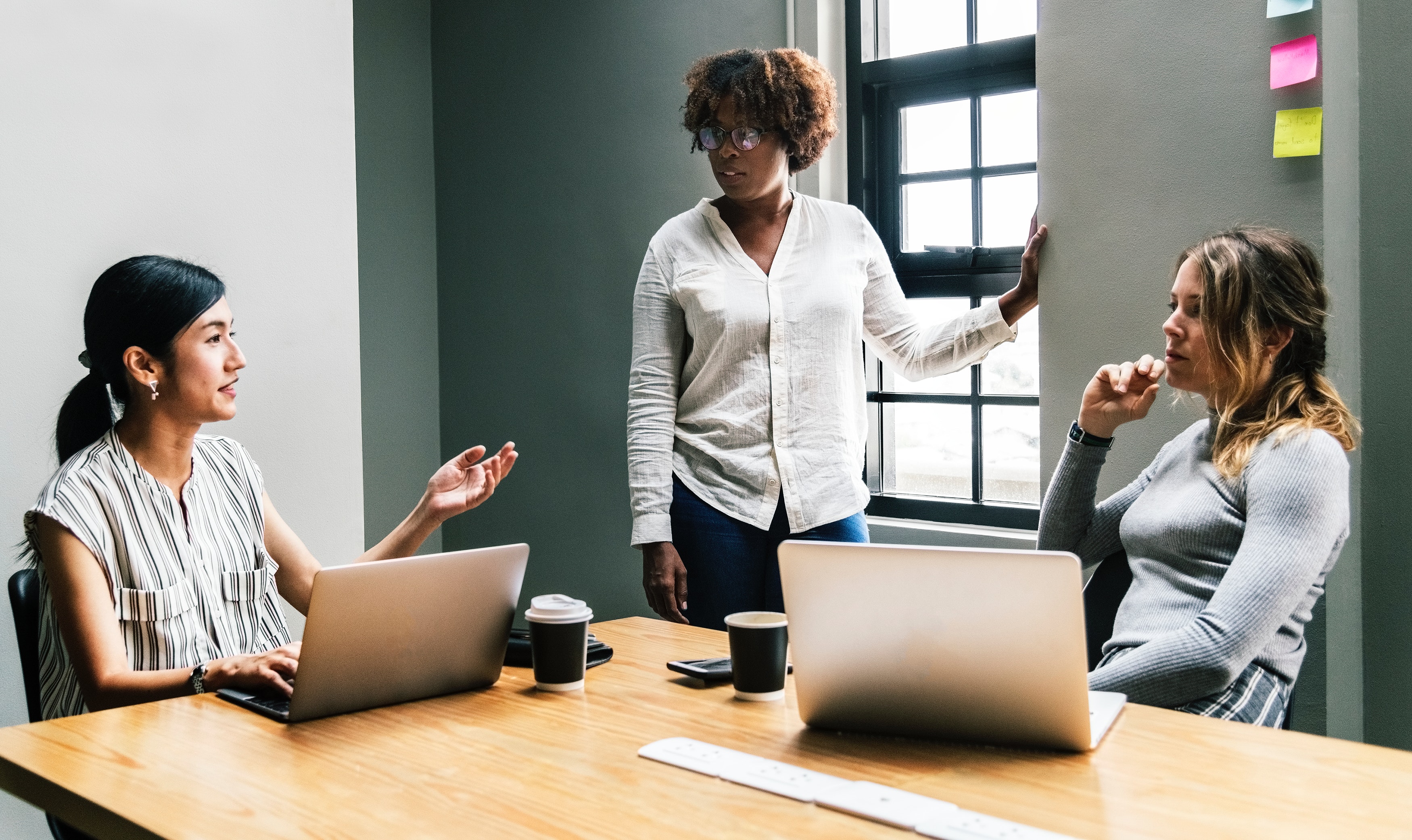
Sciences & Technology
Engineering gender equality

Diversity is about accepting the differences in people, not about making women act like men
Published 7 March 2019
International Women’s Day is our annual reminder of how far we have come and how far we have to go.
Last year, International Women’s Day was particularly special to me. Why? I was inducted into the Victorian Honour Roll of Women as an ‘inspirational change agent’ and this recognition made me feel accepted.
For much of my life I have felt on the outer and I’d like to give you a sense of why I think inclusion and diversity are so important.

I was born in Croatia, which then was part of Yugoslavia, and came to Australia by boat as a toddler with my mother and sister. My father went to first grade and my mother to second grade, so I was the first in my family to finish primary school.
I grew up in Broken Hill in the far west of NSW and was one of the few with a non-English speaking background at the public high school. At 18, I started my first real job as a junior technician at Australia’s national science agency, CSIRO, in Sydney.
Before turning 21, I had my son who motivated me to better myself.

Sciences & Technology
Engineering gender equality
So, as a single mother, while working full-time, I studied part-time and obtained a Biological Technicians Certificate from TAFE, a Bachelor of Arts in Maths and Physics, then Honours in Physics from Macquarie University and a PhD from UNSW. I couldn’t have done this if I had to pay fees.
By that time though, I was approaching a mid-life crisis, not knowing what I wanted to do now that I had finished my schooling. My son had finished high school, so I took leave of absence from CSIRO and took up a post-doc at the National Institutes of Health in United States.
I knew then that I wanted to be an academic and, incredibly, when I came back, found that the School of Chemistry was looking for a Senior Lecturer/Reader in solid-state nuclear magnetic resonance or NMR - my specialty. NMR is related to MRI and is used to determine the 3D structure of molecules. Amazingly (to me), I got the job and this opportunity launched my career in science.

My first year was difficult but I persisted and it has been a very rewarding experience.
In 2005, I became the first woman professor of chemistry in Victoria and in 2012 the first woman elected to the Australian Academy of Science as a chemist.
I have often been the only woman in the room and it’s been wonderful to see an increase in the proportion of women in science, especially at the senior levels. But this change in the number of women has been painfully slow and has at times led to situations where I have experienced or observed harassment.
We need to call it out whenever we see it.

Business & Economics
When flexible working makes life harder
I am growing tired of being told to not be myself. It doesn’t make me more confident to be told to act more confidently, to be more assertive, to lose the imposter syndrome. Diversity is about accepting differences, not about making women act like men.
An important lesson that I learned from my six years as Head of School, was that having different approaches is a strength of any team. So often we mistake confidence for competence and humility for weakness.
Those who are uncertain will question, test new hypotheses, solicit advice and bring about change or innovation. Our most valued colleagues are those who combine competence with humility, and many women have both but underestimate the former.
What I admire is courage: going ahead despite the confidence gap and the imposter syndrome. For some of us this drives us to strive harder and pretend it doesn’t exist.
It does get easier and helps to have a support base and mentors, different people to talk to and share our experiences.

We also need more visible women leaders and not just because more diverse teams tend to make better decisions but also because we need different types of leaders, different styles of leadership. One size does not fit all.
Many of my generation in science cannot recall a female lecturer when we went through university.
We need more role models in all walks of life and not just academia. A university education has enriched my life in so many ways and given me so many opportunities. Our daughters should have the same opportunity as our sons to pursue different careers.
We need to celebrate women’s strengths and what we bring to the workplace. International Women’s Day is a celebration of our achievements and a reminder of what we need to do to achieve a more gender-balanced world.
Banner image: Getty images